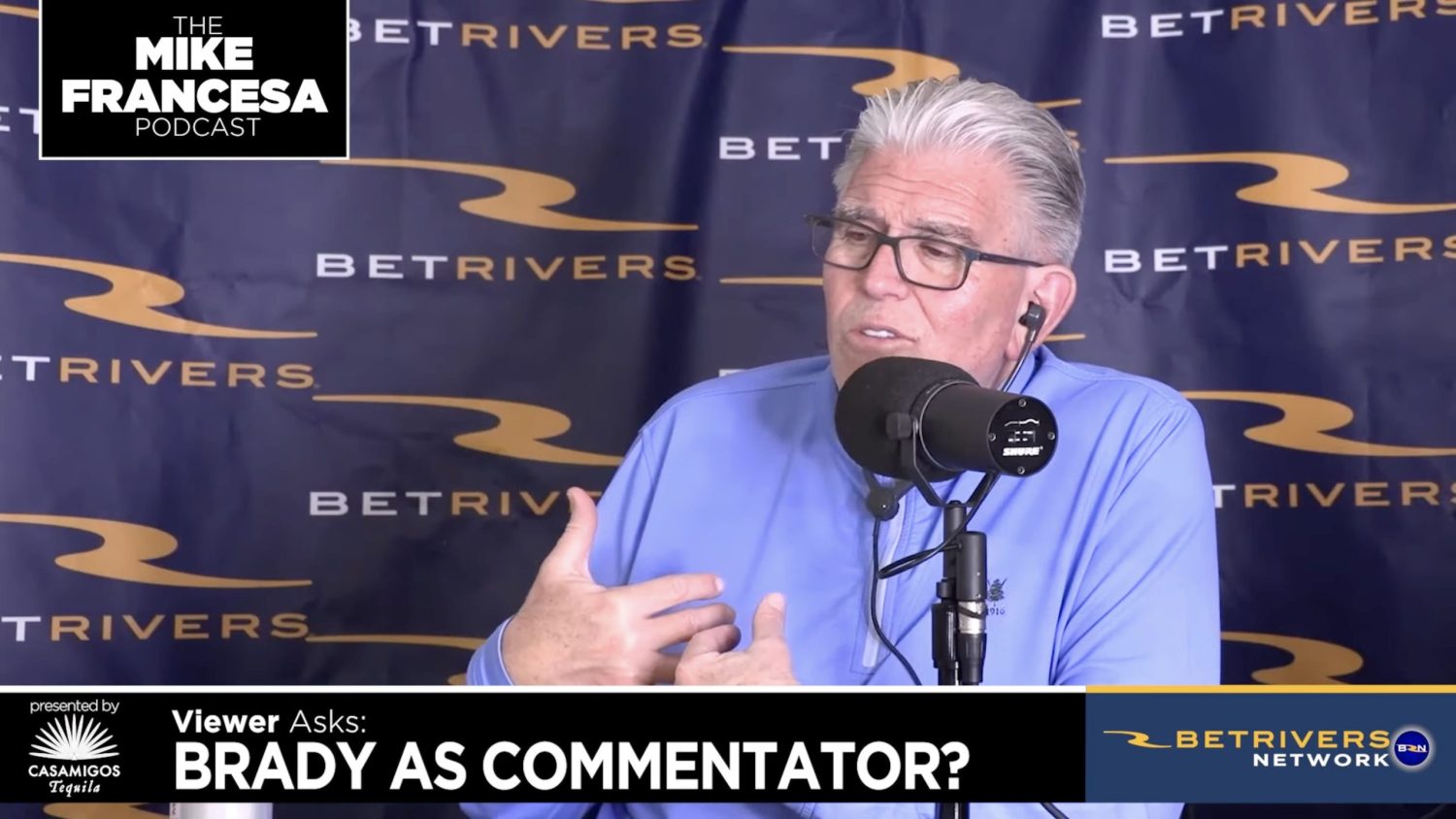In February, former NFL star Brett Favre filed defamation lawsuits against Pat McAfee, Shannon Sharpe, and Mississippi state auditor Shad White over their comments regarded his alledged role in a Mississippi welfare fraud scandal.
Two of the three lawsuits have now been dismissed.
McAfee and Favre played out their legal issues in the court of public opinion before a series of legal moves led them to eventually reach an agreement in May in which McAfee paid no money and offered no apology but Favre agreed to drop the suit.
Also in May, Sharpe moved to have Favre’s lawsuit dismissed as well. Favre had sued Sharpe for saying the Green Bay Packers great “stole money from people that really needed that money” during an episode of FS1’s Undisputed. However, the now-First Take co-host’s lawyers argued that his comments were “couched in rhetorical hyperbole.”
“Sharpe’s opinions — commentary based on reported facts and couched in rhetorical hyperbole regarding an issue of public concern about a public figure — lie at the core of the protections afforded by the First Amendment and Mississippi law,” Sharpe’s lawyers wrote in a memo of support of their client’s motion to dismiss. “Sharpe’s comments are not actionable, and the complaint is irreparably defective on its face.”
Favre’s legal team responded to that motion with a 32-page memorandum of law in opposition a few days later. Since then, we haven’t heard much about the case.
On Monday, a federal judge in Mississippi agreed with Sharpe and his lawyers on that reasoning and dismissed the lawsuit.
NEW: A federal judge has dismissed the defamation lawsuit Brett Favre filed against Shannon Sharpe in February over Sharpe’s comments about Favre’s alleged ties to the Mississippi welfare scandal. @FOS story to come. pic.twitter.com/wvZEXj6SC4
— A.J. Perez (@byajperez) October 30, 2023
“No reasonable person listening to the Broadcast would think that Favre actually went into the homes of poor people and took their money—that he committed the crime of theft/larceny against any particular poor person in Mississippi,” reads U.S. District Judge Keith Starrett’s ruling. “Sharpe’s comments were made against the backdrop of longstanding media coverage of Favre’s role in the welfare scandal and the State’s lawsuit against Favre. Listeners would have recognized Sharpe’s statements as rhetorical hyperbole—robust language used to express Sharpe’s strong views about the new information that emerged about Favre’s participation in the welfare scandal.
“The context in which Sharpe’s remarks were made–including the tenor of the Broadcast as a whole, the format of the program and its audience, and the fact that viewers were told Favre was not charged with a crime–forecloses Favre’s claim that a reasonable viewer would have thought Sharpe was actually accusing him of committing ‘larceny.’ Because Sharpe’s comments are constitutionally protected rhetorical hyperbole using loose, figurative language, they cannot support a defamation claim as a matter of law.”
Favre’s case against White might be different given the context and White’s role in the welfare fraud case, but the former NFL star was expected to have an uphill battle on his hands with these defamation lawsuits, and that has been very much the case.







